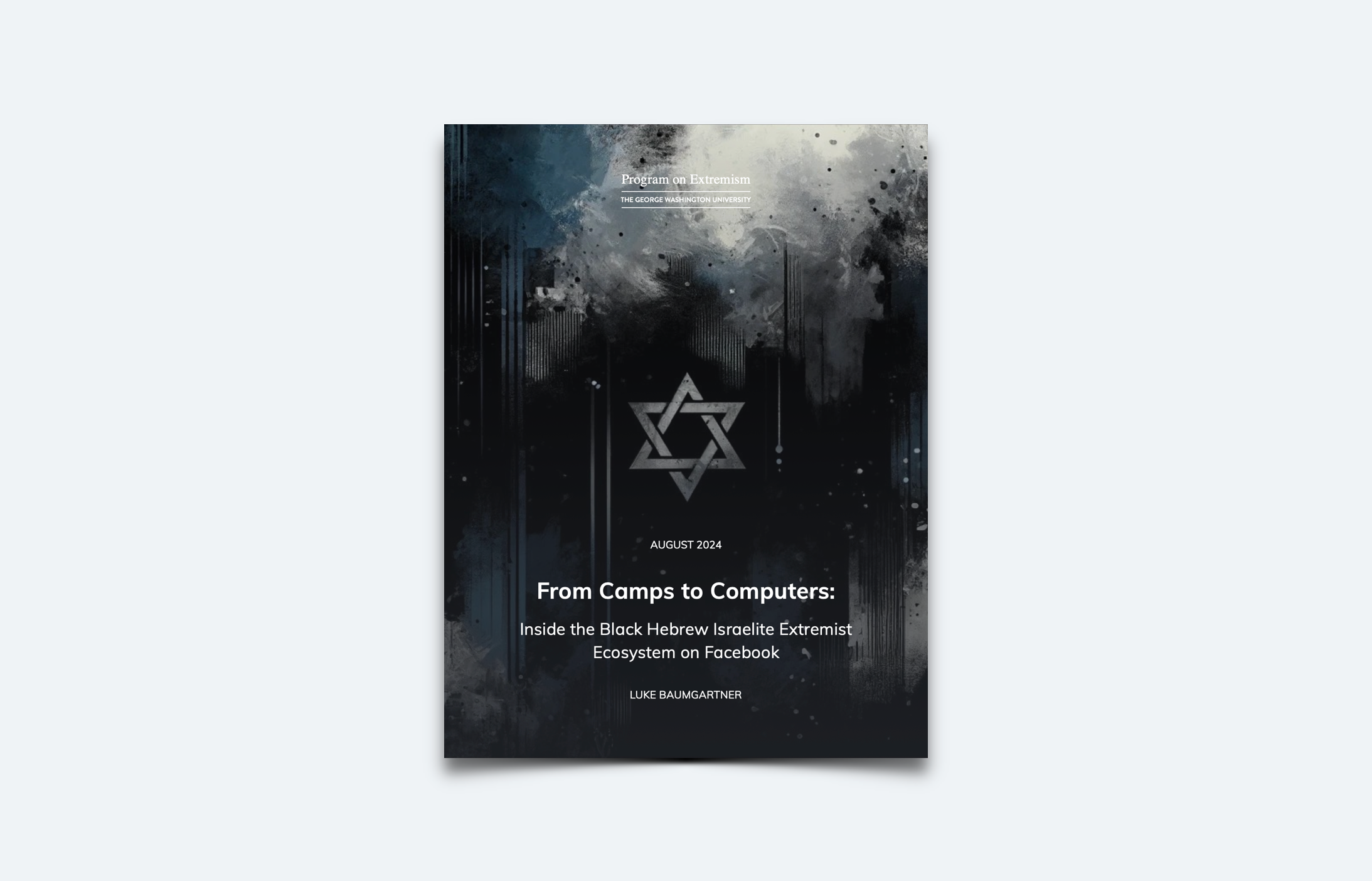Tracing its origins back to the 19th century, the Black Hebrew Israelite (BHI) movement is ideologically and organizationally highly fragmented. At its core, it believes that modern African Americans are descendants of the Israelites in the Bible’s Old Testament, but some currents adopt variations of BHI ideology. While most adherents to the movement are peaceful, over the last few years, several individuals associated with BHI ideology participated in high-profile violent crimes targeting Jews in the United States, including the targeting of the JC Kosher Supermarket in Jersey City, New Jersey, and a Hanukkah celebration in Monsey, New York, in December 2019. While the attackers had little to no formal or institutional participation in the movement, their extremist interpretation of BHI’s core beliefs contributed to their radicalization, mobilization to violence, and, ultimately, their target selection. Moreover, violent attacks by adherents of the BHI ideology stretch back as far as 1974, when Marcus Wayne Chenault, a student of Hananiah E. Israel, shot Alberta Williams King–the mother of slain civil rights activist Martin Luther King Jr.
In 2024, the Program on Extremism released a report–one of the first of its kind–analyzing BHI’s ideology and relations to violence. Despite its ample use of social media and track record of violence, little is known about how the broader BHI movement uses the internet to spread its message. In light of this research gap, this report examined 180 Facebook pages with large followings close to the more extreme sections of the BHI movement, further evaluating their scope, reach, longevity, activity, geographic location, typology, and major narratives. This study finds that:
• Facebook pages are an especially popular way for extremist adherents of the BHI movement to reach a significant audience without being subject to content removal, takedowns, and strict service enforcement. Facebook’s record of success has several discrepancies, especially regarding enforcement against broader antisemitic narratives beyond Holocaust denial and with lesser-known hate groups and movements.
• BHI extremist pages examined in this study are administrated across four continents and, on average, can maintain a presence on Facebook and avoid account removal for over five years, allowing them ample time and opportunity to accrue thousands of followers. The ability to establish a long-term presence on a major platform like Facebook increases the potential for audience engagement and opportunities to recruit and radicalize new members.
• BHI pages consistently publish a range of antisemitic content and narratives, the most common of which consistently refers to white Jews as “impostors,” emphasize the connection between Jews and Satan and add a modern twist on traditional conspiracies of blood libel, arguing Jews are responsible for large-scale organ trafficking operations—among others.
• While the number of BHI pages posting antisemitic content decreased after October 7, the overall popularity of these pages continued to increase. These contradictory changes signal an improvement in Facebook’s ability to take down easily recognizable antisemitic content, such as Jews worship Satan, or recycled Nazi propaganda. Still, Facebook struggles to remove content that excludes explicit calls to violence or, alludes to conspiracies of blood libel or comparing Jews to rats, parasites, and others.
• The frequency, longevity, and large follower bases of BHI extremist pages that publish antisemitic and other hateful content targeting protected classes such as the LGBTQ+ community suggest gaps in Facebook’s enforcement of its Community Standards, particularly its anti-hate speech and Dangerous Organizations and Individuals (DOI) policies.
These findings suggest that antisemitic content congruent with extremist interpretations of the BHI ideology has a safe haven on Facebook–a social media platform with over 3 billion active monthly users.


